difficult situations that cause discomfort or suffering
(H)
hardships
the way we get from one place to another
(R)
route
the opposite of the front
(B)
back
This is the reason many pioneer families packed their wagons and moved west in the 1800s.
to find a better life or own land
This is the name of the man who ordered the relocation of Native Americans to an "Indian Territory".
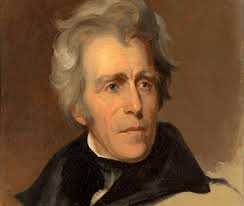
Andrew Jackson
people who first settled in new areas of the frontier
(P)
pioneers
line or caravan of covered wagons traveling together
(W)
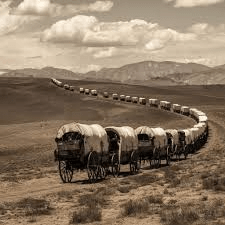
Wagon Train
an adjective to describe something that is easy to use or makes things easier
(C)
convenient
Steamboats, the Erie Canal, and the transcontinental railroad were important for this reason.
they helped more people and goods move west faster and more easily
This invention by Robert Fulton made river travel faster and easier.
(S)
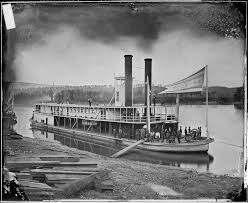
steamboat
move to a new place and make it your home
(S)
settle
a waterway used to move things from place to place using boats
(C)
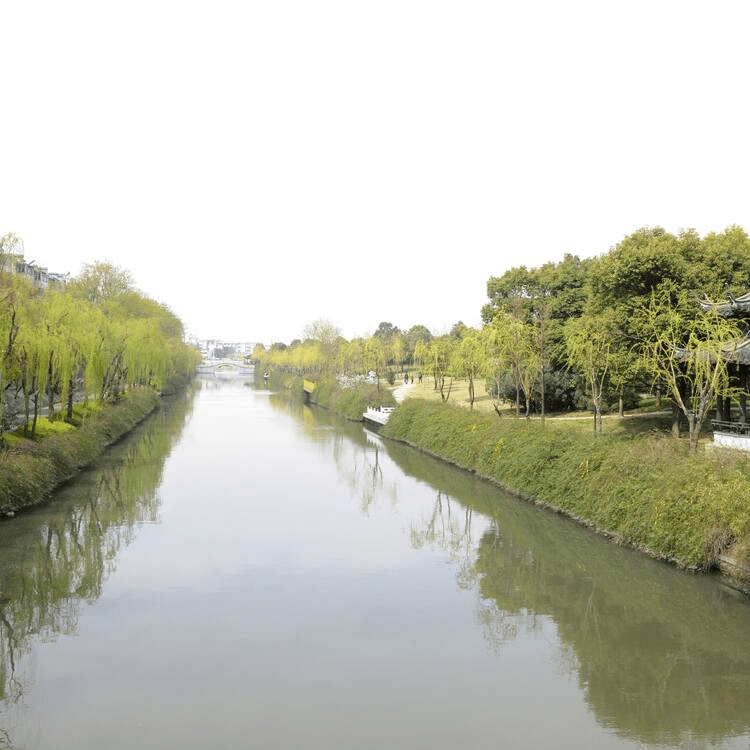
canal
the strength to do something for a long time
(E)
endurance
This group suffered forced relocations and lost their land due to westward expansion.
Native Americans
This was built to connect the eastern U.S. to the western U.S. by train.
transcontinental railroad
a region or area of land
(T)
territory
objects or structures on land that are easy to recognize
(L)
landmarks
a trip or a journey
(v)
voyage
This communication system was fast for its time but was replaced by the telegraph.
(P)
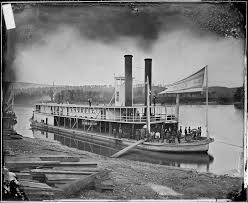
The Pony Express
This waterway helped people travel across New York faster than by road, using boats.
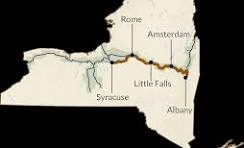
the Erie Canal
moving people or things from one place to another
transportation
to make something that did not exist before
create
the name of the state where the Cherokee were relocated to after making the journey called "The Trail of Tears"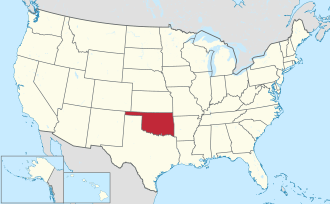
Oklahoma
This Cherokee man invented a writing system to help his people keep their language.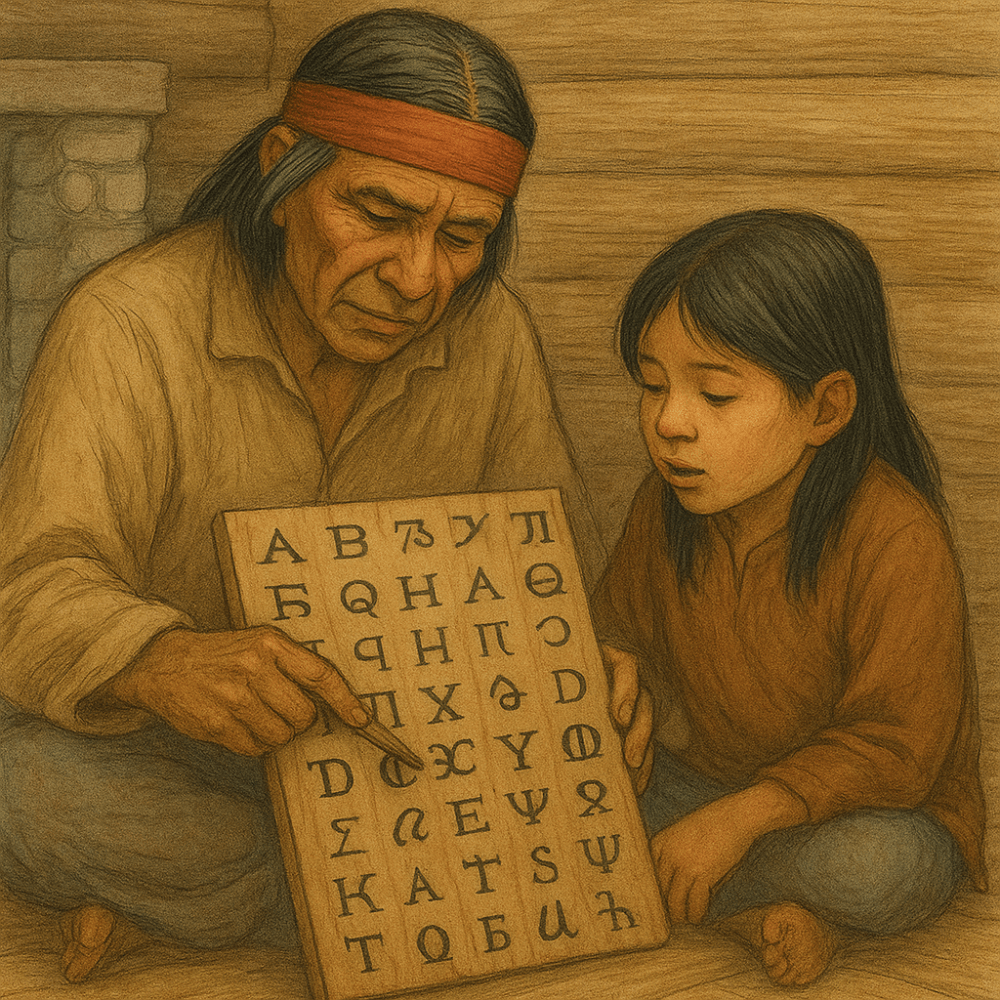
Sequoyah
This was a negative effect of westward expansion on Native Americans.
being forced off their land or losing their homes and culture
(Answers may vary)